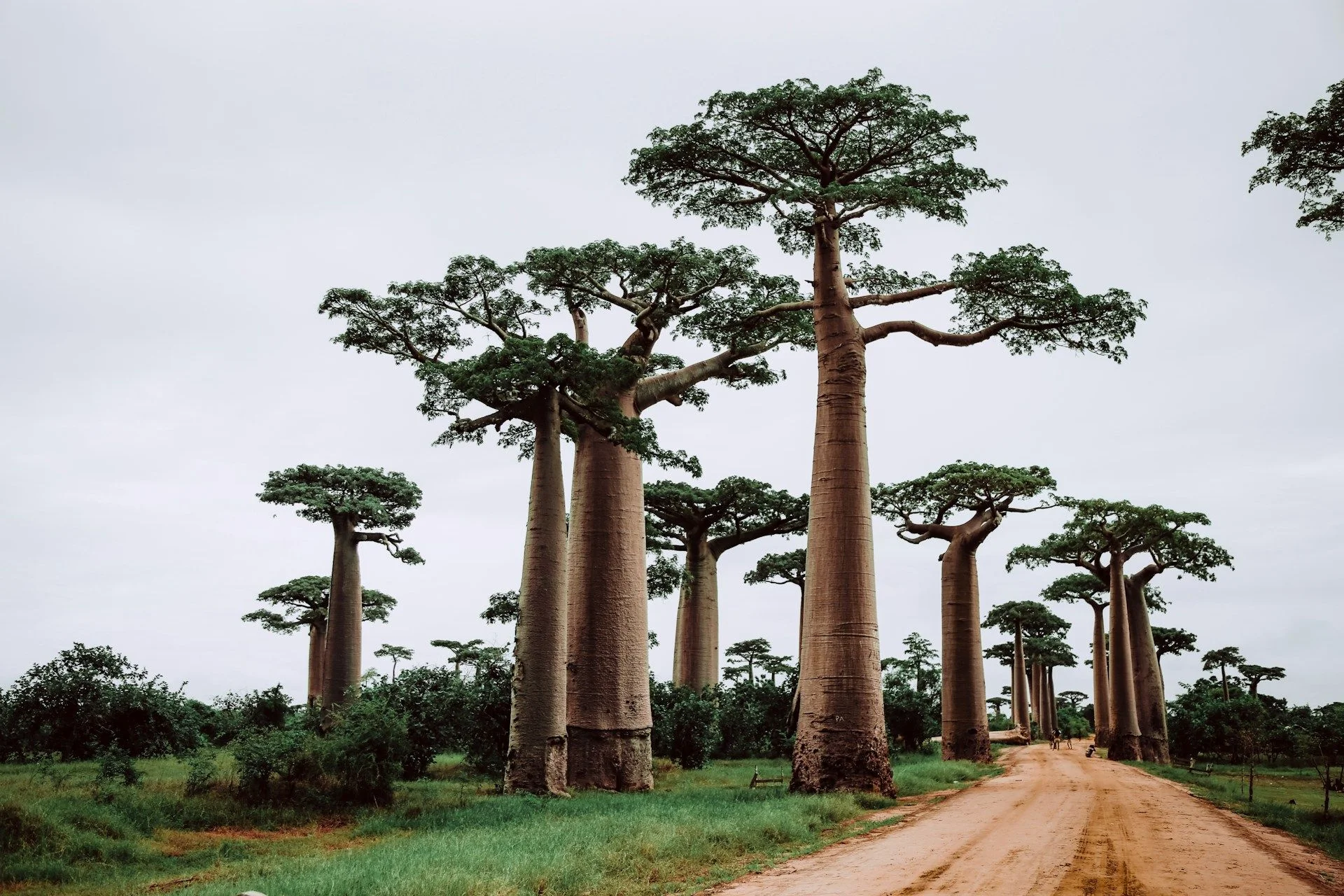Imóveis secundários acessíveis em ToliaraApartamentos perto dos cais e de mercados ensolarados

Melhores ofertas
em Toliara
Resale real estate in Toliara
Ownership patterns
In Toliara resale real estate the mix of owner-occupied stock and investor-held homes shapes availability and negotiation norms, so buyers in Toliara should verify ownership profile and compare listings before submitting offers
Cost differentiation
Resale apartments in Toliara vary in fee structures and refurbishment tiers, affecting overall cost, so buyers in Toliara should review fee details and verify included services to align expectations with budgets
Segment clarity
Toliara resale housing market has distinct segments by building age and condition that influence price cues, so buyers in Toliara should shortlist comparable segments and focus on like-for-like comparisons
Ownership patterns
In Toliara resale real estate the mix of owner-occupied stock and investor-held homes shapes availability and negotiation norms, so buyers in Toliara should verify ownership profile and compare listings before submitting offers
Cost differentiation
Resale apartments in Toliara vary in fee structures and refurbishment tiers, affecting overall cost, so buyers in Toliara should review fee details and verify included services to align expectations with budgets
Segment clarity
Toliara resale housing market has distinct segments by building age and condition that influence price cues, so buyers in Toliara should shortlist comparable segments and focus on like-for-like comparisons
Artigos úteis
e recomendações de especialistas
Resale real estate in Toliara - practical guidance for comparing listings and decisions
why buyers choose resale in Toliara
Many buyers focus on resale real estate in Toliara because the established housing stock mix provides a range of existing homes that reflect local demand and price cues. This makes resale property in Toliara a clear starting point for buyers who want to understand availability, active listings, and procedural steps before making offers
Browsing real estate for sale through current listings helps buyers identify patterns in asking prices and the types of homes that fit their criteria
who buys resale in Toliara
The Toliara resale housing market attracts a mix of local families looking for established homes and remote buyers exploring pre-owned apartments and houses. Investors also participate, seeking existing property listings that reflect long term potential and stable stock. Understanding who buys resale in Toliara helps set expectations for negotiation rhythms and stock turnover rates
Comparing resale homes for sale provides practical context for price and availability
property types and price logic in Toliara resale market
Resale apartments and houses in Toliara cover a range of building ages, conditions, and refurbishment tiers, which directly influence asking prices. Buyers should interpret price differences in relation to these physical attributes and market signals rather than abstract trends
Examining resale property listings and current offers helps buyers align their shortlist with realistic cost ranges
standard checks and legal clarity for resale in Toliara
When buying resale property in Toliara it is important to confirm title records, registered occupants, and any encumbrance checks associated with existing homes. This helps ensure documents align and reduces surprises during offer preparation
During review of active listings buyers should pause and clarify any discrepancies in documentation before scheduling viewings or making offers
market segmentation across Toliara
The resale housing market in Toliara is segmented by district profiles, building age, condition, and refurbishment tiers. Central established blocks often differ from peripheral resale stock in price cues and recurrence of listings. Understanding these segments helps buyers compare like stock and set realistic budgets
Active property listings make it possible to review segment differences and focus on areas that fit the buyer's criteria
resale vs new build comparison in Toliara
In Toliara resale real estate differs from new build offerings in terms of age, refurbishment expectations, and fee structures. New builds may command premiums for contemporary finishes, while resale homes present cost cues tied to established housing stock. Buyers should consider both options side by side to determine which aligns with their goals
Reviewing existing homes for sale alongside new options clarifies choices
how VelesClub Int. helps buyers explore resale in Toliara
VelesClub Int. curates current resale listings in Toliara, allowing buyers to compare asking prices, building tiers, and fee structures across active property listings. The platform supports efficient shortlist development and tracking of refreshed listings in the local resale market
Using VelesClub Int. gives buyers a structured way to review options and plan offers
frequently asked questions about buying resale homes in Toliara
how do i ensure title clarity when buying in Toliara?
Local direct buyers should check title records and registered occupants, and pause and clarify any inconsistencies in documentation before progressing to viewing or offer steps
what do i review regarding fees and cost expectations?
Out-of-area buyers should examine recurring fees and refurbishment tiers that influence price cues, and pause and clarify unclear entries in listing details to align with budget goals
how do i compare like-for-like properties?
First-time buyers should shortlist homes with similar building age and condition, verify comparable price cues, and pause and clarify differences before making offers
what should investors focus on in Toliara?
Investor buyers should review ownership profiles and stock turnover patterns, verify encumbrance checks, and pause and clarify any logistical discrepancies in listings
how do i balance resale versus new options?
Family buyers should compare existing homes and new builds side by side, review fee structures, and pause and clarify cost implications before settling a shortlist
how do i handle inconsistent listing information?
Remote buyers should verify title records and fee disclosures, and pause and clarify mismatched entries before advancing to viewings
conclusion - using resale listings to decide in Toliara
In Toliara the resale housing market offers a clear view of established homes and current availability. Buyers can use active resale property listings to compare price cues, building tiers, and cost expectations. Tracking current offers helps refine a shortlist and focus on homes that meet criteria
Reviewing resale real estate in Toliara supports informed decision making and efficient progression from shortlist to viewing and offer

